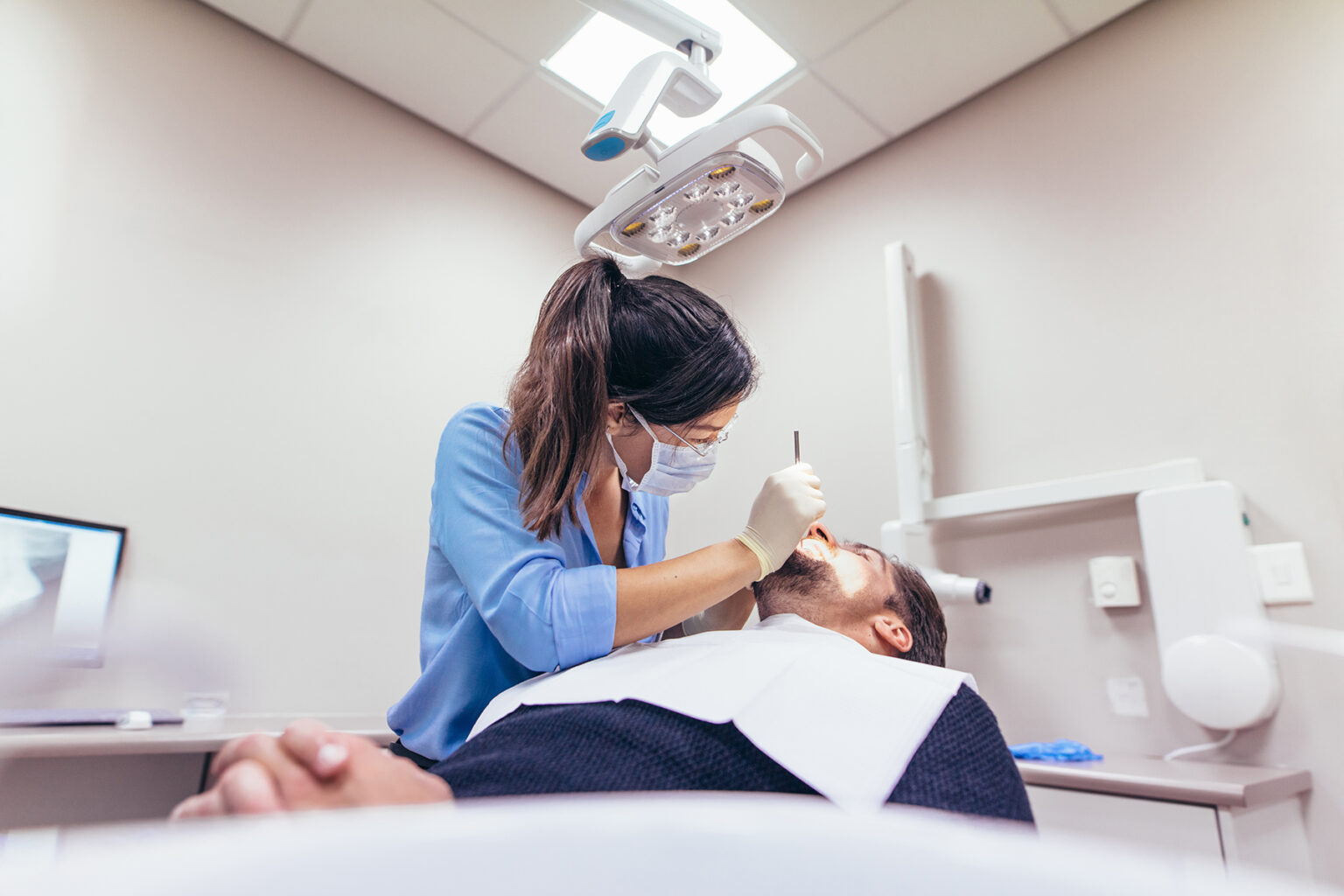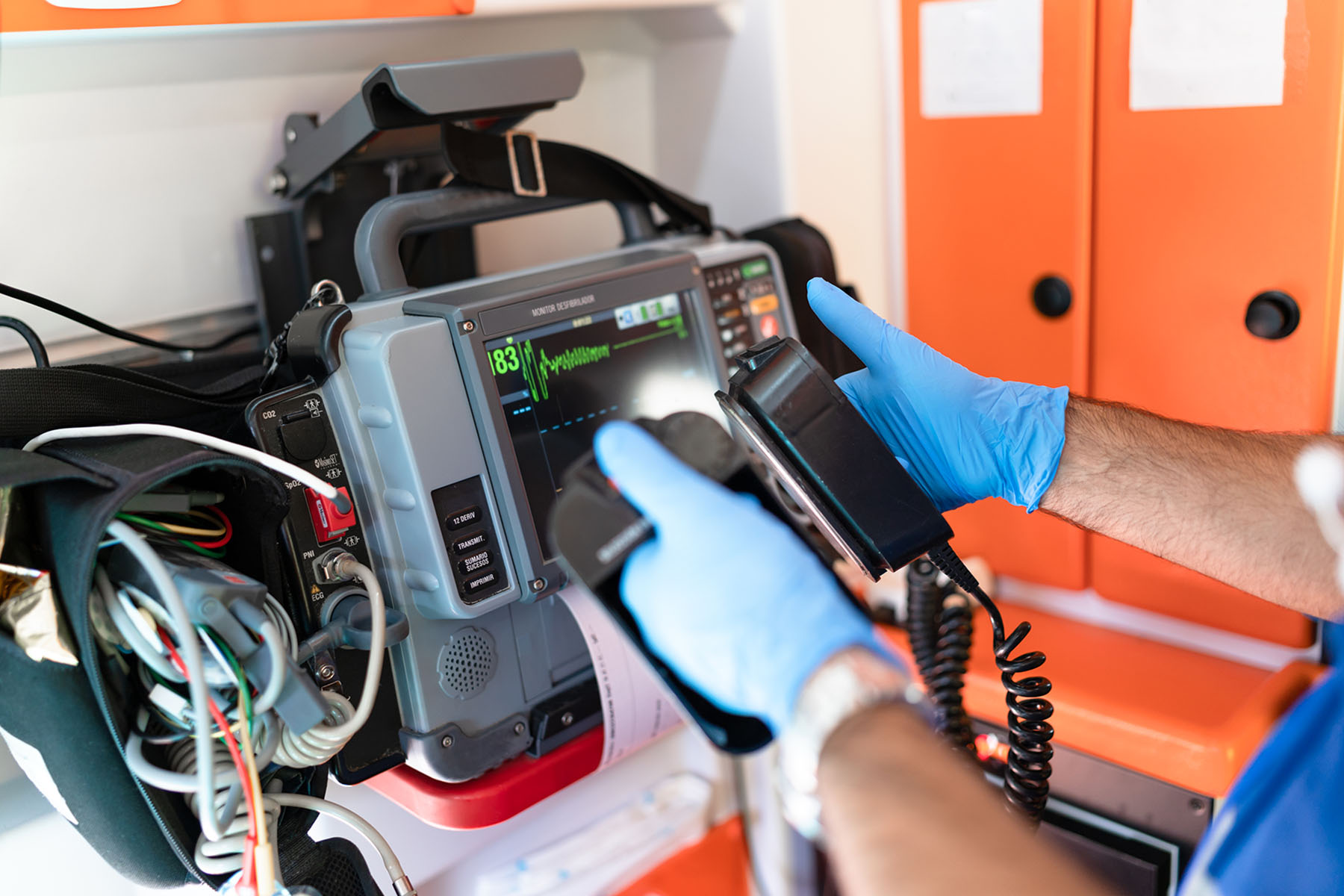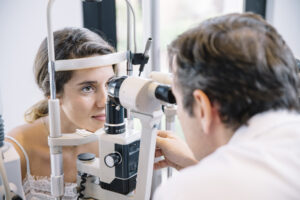Unfortunately, most dental care in Spain is not covered by Spain’s national healthcare system. However, dentistry in Spain has a reputation for being of high quality. What’s more, you will probably find the cost of a visit much lower than in northern Europe or the United States.
This guide covers everything you need to know when it comes to caring for your teeth in Spain, and looks at the following aspects:
- The healthcare system in Spain
- How does dental care work in Spain?
- Is dentistry free in Spain?
- How to get private dental treatment in Spain
- Finding a dentist in Spain
- How do dentist appointments work in Spain?
- How much does Spanish dental care cost?
- Do I need health insurance for dental care in Spain?
- Useful resources
Turó Park
Looking for an English-speaking dentist in Barcelona? Get in touch with the expert team at Turó Park. They offer a range of dental care, including orthodontistry, cosmetic dentistry, emergency treatment, and regular cleanings and check-ups. Don't let tooth pain stop you biting into your new life in Spain and sign up with Turó Park today.
The healthcare system in Spain
Pretty much anyone living and working in Spain has access to free state healthcare. The cost of healthcare is funded partially by Spanish social security (seguridad social) contributions, deducted from your wage. However, for prescriptions, you will have to pay an amount that varies by region.
For those studying, unemployed or retired, there is also a scheme called convenio especial through which you are entitled to free healthcare. If you’re in Spain temporarily, you may also be covered – either by your European Health Insurance Card (EHIC) or by the bilateral agreements Spain has with some other nations.
The national healthcare system in Spain (el sistema national de salud) provides high-quality care in hospitals (hospitales) and medical centers (centros de salud) throughout the country. As a result, around 90% of Spanish residents use the public services.
However, it is also possible to take out private healthcare insurance. For some people, this is preferable as it means you can combine health insurance with dental cover. It may also be necessary if you are a US citizen, for example.
How does dental care work in Spain?
Unfortunately, the national healthcare system does generally not cover dental care. This means that going to the dentist in Spain is not free, with the exception of children under 15 and emergency treatment for adults. If you need routine treatment for your teeth you will have to pay for dental treatment. Alternatively, you can take out private dental health insurance.

That said, the costs may be lower than what you are used to in other countries. It’s also good to know that the quality of dentistry in Spain is also generally very high.
Is dentistry free in Spain?
While most dental care in Spain isn’t covered by the state, there are two exceptions.
Children’s dental care
If you are a Spanish resident and have a child between six and 15, they are entitled to free dentistry in Spain with a medical card. Normally this covers twice-yearly check-ups, protective treatments, milk teeth extractions, and fillings in permanent teeth, although the services offered and age of entitlement can vary by region. Not all dentists offer these services, but you can check with the local health center which ones do.
You can read more in our guide to children’s healthcare in Spain.
Emergency dental care
Emergency treatment is also covered by the state if you are registered, or have a European Health Insurance Card (EHIC). If you need emergency treatment visit your nearest hospital or health center, which can be found through the Spanish Health Ministry.
How to get private dental treatment in Spain
As dentists in Spain are almost all private, they typically compete with each other to offer the best range of treatments and the latest dental technology in order to attract patients. The quality of dental care in Spain is so high that it has become a dental tourism destination.
In general, it’s worthwhile to look around to see what different dental practices offer and find one that suits your budget. Sites such as SaludOnNet can help you compare different providers.
It’s worth noting that while you will be encouraged to go for check-ups (un examen), practices often focus less on preventative treatment. Dental hygienists, for example, have only recently become more common.
Common services at private clinics include:
- Whitening
- Dental implants
- Veneers
- Dentures
- Root canals
Finding a dentist in Spain
You are free to choose any dentist in Spain, and there are lots to pick from.
It’s a good idea to look for a dentist who is registered with the Consejo Dentista de Colegios de Odontólogos y Estomatólogos (General Council of Colleges of Dentistry and Oral Medicine or General Dental Council) in Madrid.
To be registered with the Consejo Dentista, dentists must possess a degree from a recognized Spanish university and meet certain standards of hygiene and level of facilities, although the organization does not actually regulate them. Dentists must also register in their nearest large city.
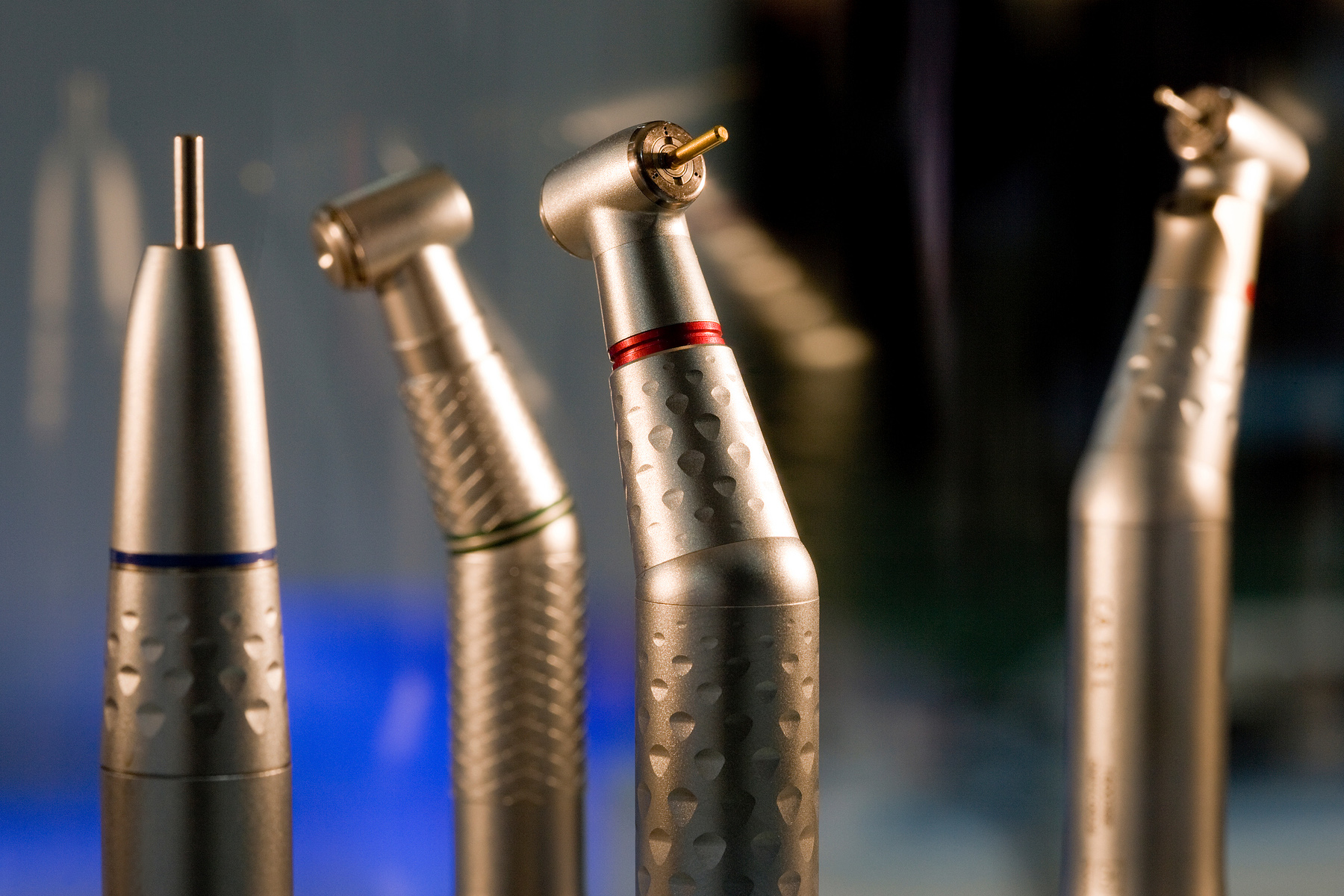
You can search among more than 34,000 registered dentists and more than 25,000 dental clinics on the Consejo Dentista database. You can also find a dentist through a personal recommendation, from the Expatica Directory, or using comparison sites like Dentista en tu ciudad.
How to find an English-speaking dentist in Spain
Due to the large expat population, and the rise of Spain as a dental tourism destination, many practices offer information on their services and consultations in English. This is particularly the case for dentists in Madrid, Barcelona, Valencia, and Andalucía, as well as tourist areas. If practices do not speak English, or if you need emergency treatment at a hospital, it is possible to hire an interpreter.
You can find English-speaking dentists in the Expatica Directory.
How do dentist appointments work in Spain?
As there are many dentist practices in Spain, normally you don’t have to wait long for an appointment. However, in more remote areas, you might have to travel to the nearest city.
To visit the dentist in Spain all you need to do is make an appointment and take some form of ID. Take note that if you have health insurance, the dentist you plan to go to must be a part of the company’s network. Present your insurance card and ID at reception. Usually, you pay upfront, with a discount added for your insurance cover.
How much does Spanish dental care cost?
Initial consultations, teeth examinations, and some aftercare check-ups are typically free. If you need to have a course of treatment, ask for a written quotation before agreeing to go ahead – at this point, you can still choose not to undertake the treatment with that dentist if you’re unhappy with the quote.
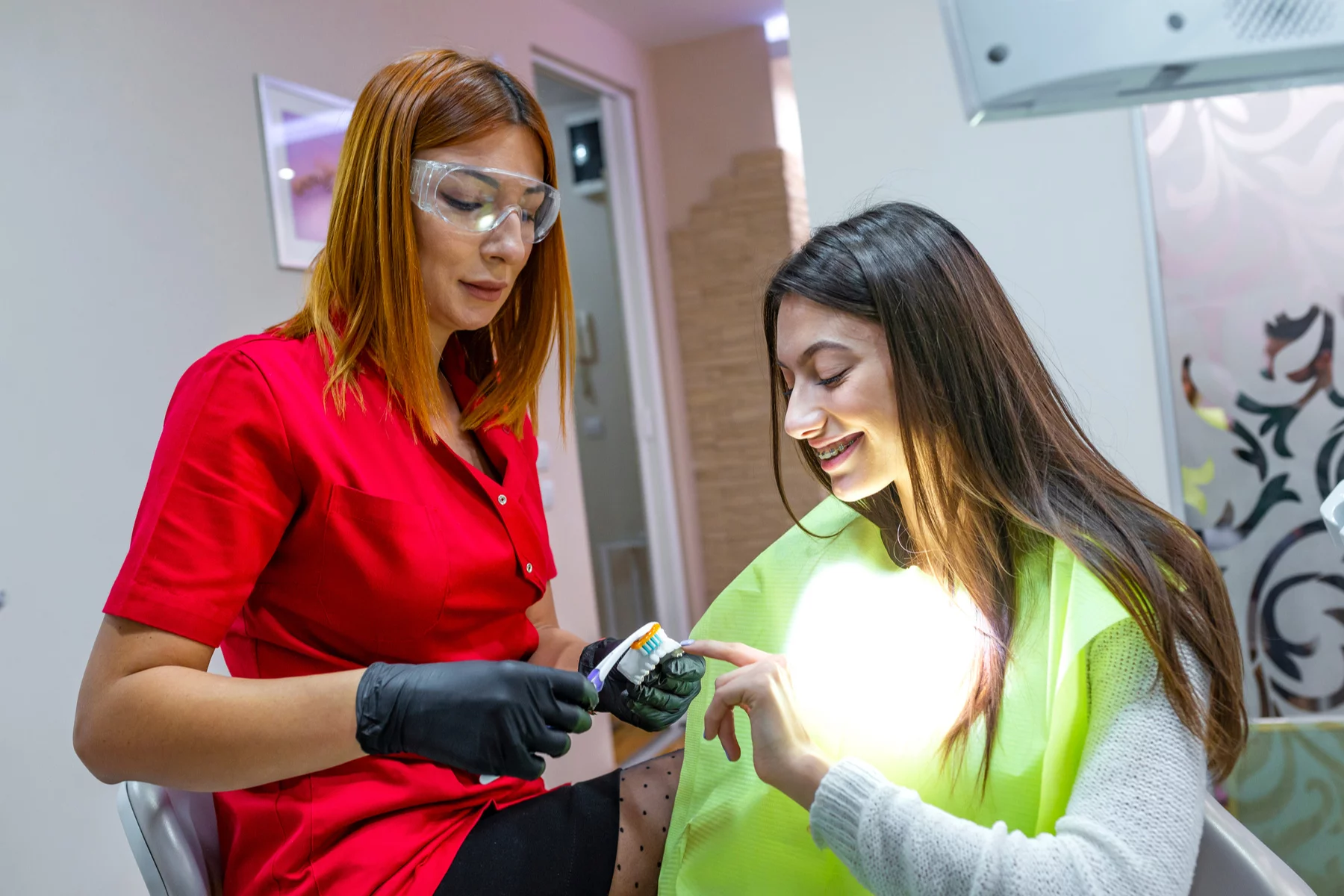
Most dentists in Spain will expect payment upfront. The good news is that private dental care in Spain is relatively inexpensive, especially in comparison to the UK and the US. In fact, treatments are so low-cost and high-quality that Spain has become a popular dental tourism destination. Some even offer services like airport transfers.
While prices can vary a lot depending on the practitioner and the treatment needed, these average costs will give you a broad idea of prices:
- Check-up: sometimes free, but around €25
- Tooth extraction: around €50 (€90+ for wisdom teeth)
- Teeth whitening: €100–500
- Fillings: €50–80
- Dentures: €400–650
Do I need health insurance for dental care in Spain?
Even though dentist fees are generally inexpensive, private health insurance can halve the costs. Dental insurance in Spain can cost as little as €10 – €20 a month, and having it reduces the worry if something unexpected comes up.
Some insurers specialize in expat insurance and can provide comprehensive health insurance, including dental, that also covers you while you are abroad. These include:
Useful resources
- Consejo Dentista de Colegios de Odontólogos y Estomatólogos (General Council of Colleges of Dentistry and Stomatology of Spain or General Dental Council)
- Ministerio de Sanidad – Spanish Health Ministry
